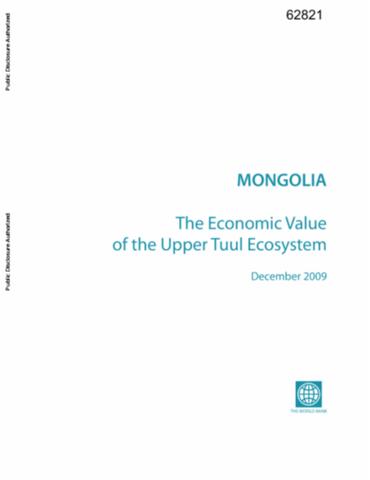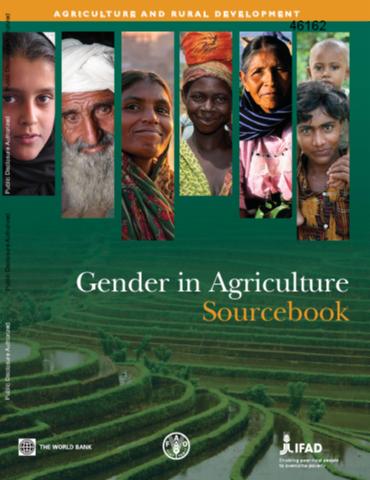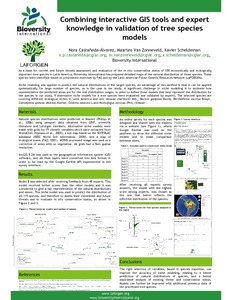Respondiendo a la crisis alimentaria mundial: Tres perspectivas
El dramático aumento y la volatilidad de los precios de los alimentos durante el último año han sacudido al sistema alimentario mundial. Por lo general, tanto los gobiernos como la comunidad dedicada al desarrollo internacional han respondido ante diversos aspectos de la crisis alimentaria, pero todavía permanecen las preguntas sobre si se han tomado o no las acciones más adecuadas, cuál es la mejor forma de responder y qué nos aguarda en el futuro.





